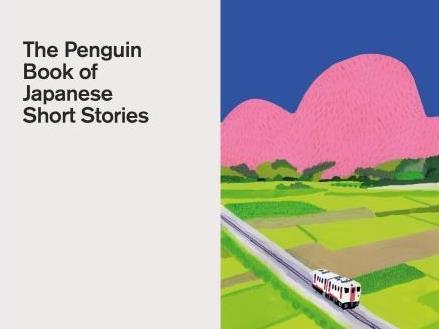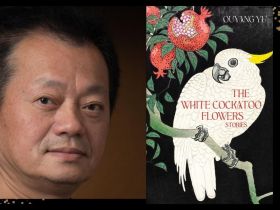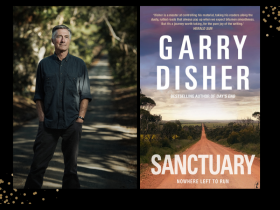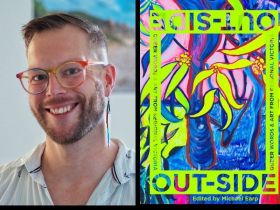Edited by Jay Rubin The Penguin Book of Japanese Short Stories.
This collection of 35 short stories spans a period from 1898 to 2014. Jay Rubin assures the reader that his selection of these stories has not been influenced by the importance of the writer or the work. Rather, he has chosen works that he has found unforgettable – works that he says formed a knot in his solar plexus or inspired a laugh or a twinge of sorrow. There is much more sadness than merriment in this collection.
Rubin has designed this book for the general reader, grouping the stories by theme rather than chronologically. This makes it easy for a reader to pick a story to suit a personal preference or current mood. Thus the reader might turn to ‘Men and Women’ if interested in personal relationships. Incidentally, five of the six stories in this section are written by women. In a different mood, the reader might enjoy ‘Modern Life and Other Nonsense’ or ‘Japan and the West’. However, for those students of Japanese literature who may wish to approach the stories from a historical perspective, the reader is also provided with a list of the stories in chronological order of publication.
The collection is preceded by a brilliant self-deprecating introduction by Haruki Murakami. In it, Murakami admits that until he was asked to write the introduction he had read only six of the stories in this collection, including ‘UFO in Kushiro’ – which he wrote. He avers that ‘most readers of this book of English translations know as little about modern and contemporary Japanese fiction’ as he does. He then goes on to give many interesting and insightful comments on the writers and their stories; you learn, for example, that Ōta Yōko was a writer of the so-called women’s school.
In ‘Hiroshima, City of Doom’, Ōta gives a first-hand account of her experience on the day an atom bomb was dropped on the city she was living in. She starts by describing Hiroshima as it was before its destruction in the same matter-of-fact tone in which she recounts her personal experiences on the day of the bombing. This is one of several stories in the section headed ‘Disasters, Natural and Man-Made’ – a section which includes an account of the bombing of Nagasaki, which is arguably one of the most moving stories in this collection.
Short stories can be read for many reasons – reason that are not dissimilar to those for reading longer works yet with the one obvious exception – short stories take less of your time. One motivation for reading is to become better informed or to gain a better understanding of humankind. There is much that comes under that heading in this collection. But reading can also be for amusement, for distraction, for fun. An example of this is ‘Shoulder-Top Secretary’, which in very few pages manages to poke fun at robotics, door-to-door salespeople, and the insincerity of polite conversation.
Reviews such as this should help readers decide whether a particular publication deserves their attention. For those readers who love short stories, this anthology is well worth their time and money. The same applies to those interested in learning more about Japanese literature. The Penguin Book of Japanese Short Stories is a little heavy both physically (it weighs 1kg) and intellectually for those looking for a bed-side book to help while away a sleepless hour but even so, the shining stars of this collection make the experience rewarding for those willing to take on the heft of it.
4 stars ★★★★The Penguin Book of Japanese Short Stories
Jay Rubin (Edited by) Haruki Murakami (Introducer)
Imprint: Penguin Classics
Published: 28/06/2018
ISBN: 9780141395623
Length: 576 Pages
Dimensions: 240mm x 38mm x 162mm





